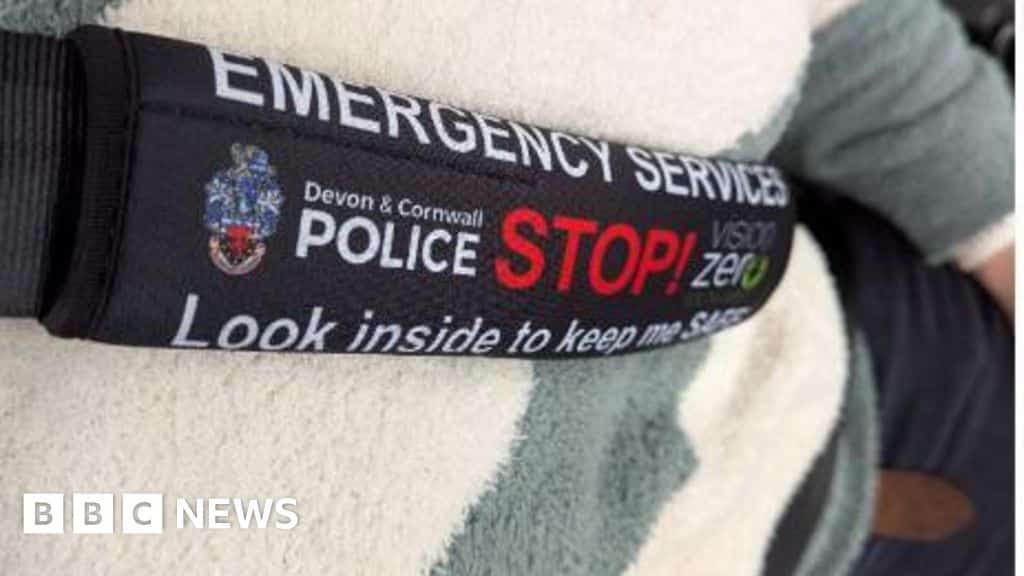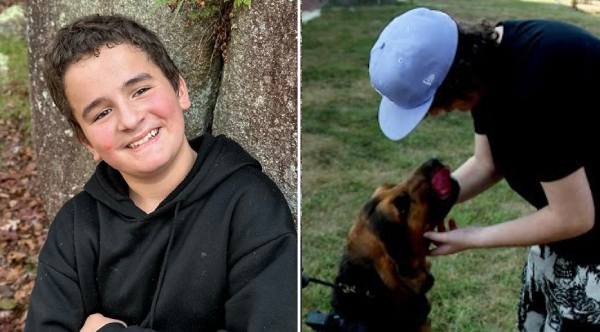Seatbelt Covers with Emergency Info: A Small Change That Makes People Feel Seen
- Simple seatbelt covers can carry emergency contact and communication notes for people with communication challenges.
- Police trialling these covers are prompting small acts of kindness and clearer interactions during incidents.
- For families and carers, the covers are a low-tech tool that reduces stress and speeds help when it matters.
In busy moments, small signals matter most, and a practical idea like a seatbelt cover can change how an encounter unfolds. When officers or first responders can see a quick note about a person’s communication needs, it smooths a tense exchange and can prevent misunderstanding. This story is less about policy and more about people catching each other when it’s hard to speak.
Seatbelt covers containing emergency info could help with communication difficulties in a crisis.
Source: Police offer seatbelt covers to help communication in incident
What a great idea.
Families who look after someone with dementia or autism say small cues can be a lifeline during an emergency, and neighbours note how calmness can spread when information is clear. A short line on a sleeve about preferred questions, sensory triggers, or a primary contact lets busy officers act with confidence and people at the center of an incident feel respected. These covers do the quiet work of building trust in the moment.
Local volunteers and charities have started conversations about where these could help most, from taxi drivers to community transport schemes. People shared stories of minor mishaps that escalated needlessly, and how a simple label might have steered everyone toward a quicker, kinder outcome. Those conversations are turning into small pilot programs and community giveaways in some neighborhoods.
The real win is relational: neighbours, carers and first responders learning to notice and respond with less friction. When a slip of fabric reduces anxiety, that reduction ripples through households and into the work of professionals who depend on clear information. It’s the kind of low-cost, high-dignity tool that lets everyone focus on care over confusion.
At the heart of the idea is a community ethic—people thinking ahead for one another so a moment of crisis doesn’t become a lifetime of regret. Practical kindness like this is simple to share: a sleeve, a note, a conversation at a local group meeting. When small actions make life easier for someone else, the whole neighbourhood feels steadier.






Leave a Comment